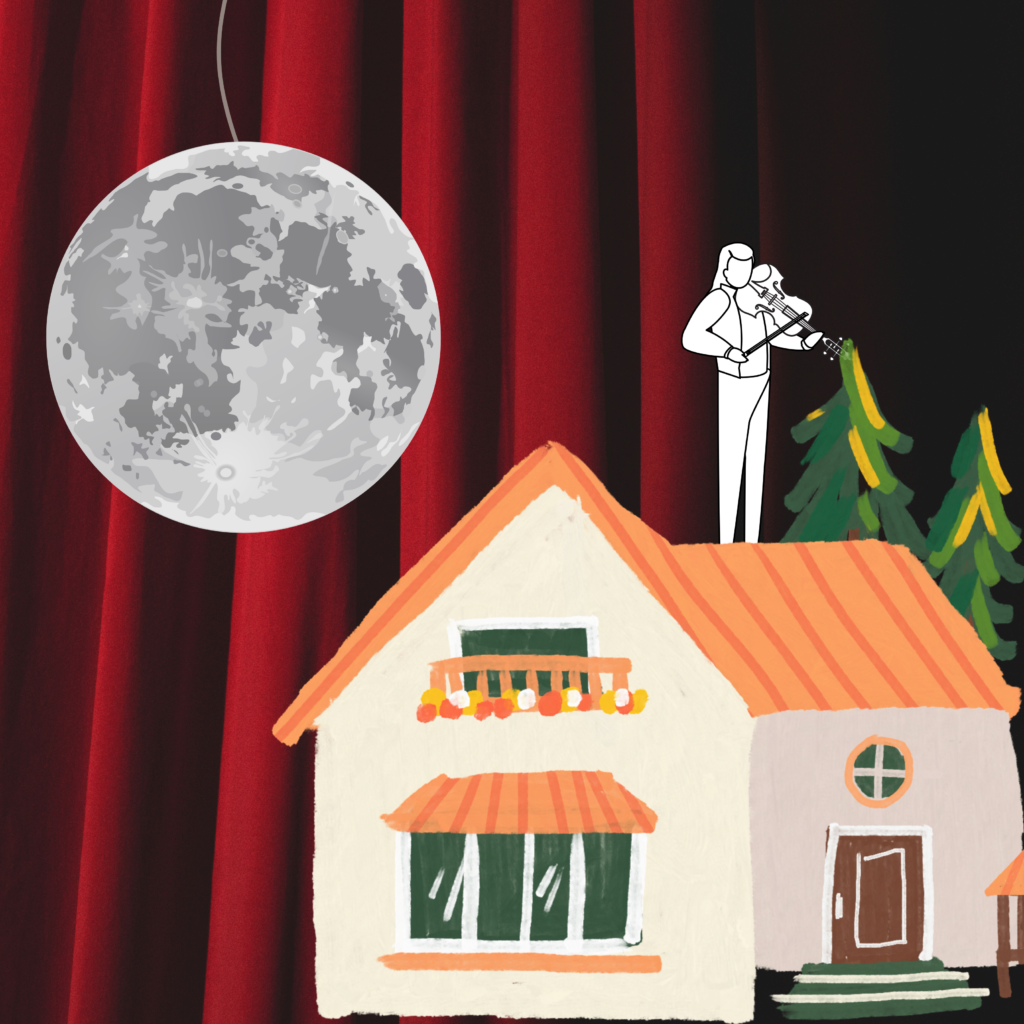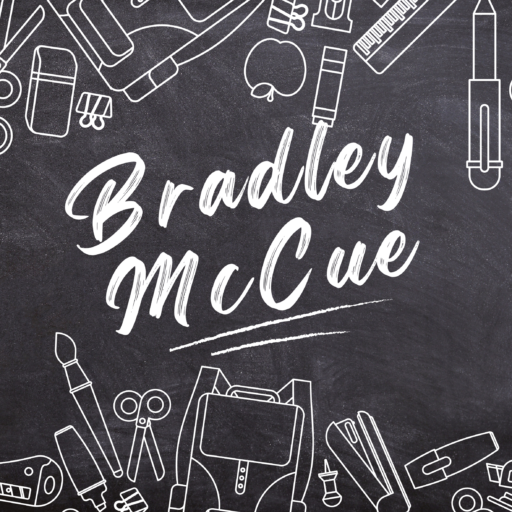
This past week, the East Kootenay Teacher Education Program attended a workshop on self-care and teacher burnout, which got me thinking about the possibility of stress related to directing large scale shows, so I went out of my way to speak with a director here in town whom I know will usually direct two shows a year but has decided to step away from it for a while. As I spoke with this director, I asked her why she had no shows upcoming and the conversation we had was incredibly enlightening and useful. She spoke about how if someone engages too intensely into community theatre, that it can become difficult to find the passion anymore. When directing shows that close together and at that consistency, you tend to burnout, just as anyone else would in any other profession.

I had asked a variety of questions about her future in the community theatre world, but she was very clear that she did not even want to think about it for the time being, but then sparked a new conversation that I found super interesting. At this point we got to talking about stories in musical theatre and how to tell them, and when to know if you should tell them. Like any other artform, musical theatre exists beyond the razzle dazzle of My Fair Lady and Carousel as many shows have much deeper context. For instance, Miss Saigon is a story about the hardships faced by the Vietnamese people during the Vietnam war. This is an amazing story; however, you should be careful not to tell a story that is culturally not your own. The example we spoke about specifically was Fiddler on the Roof, a story about Judaism, but in a town that has very few Jewish people, it is possible that, despite being able to accurately recreate the events, that maybe the narrative will not hit as hard if it is not created from a place of genuine care for the subject. I think it’s important to separate subject matter and content in this regard. While the content of Fiddler on The Roof and Miss Saigon are both incredibly powerful, a white Christian person may not be able to bring the necessary power to the stories being told in either of the shows discussed because while the content is fully understood, the subject matter is not appropriate for the people that you have in your community.

I was so glad that after last week’s workshop, I was able to find a way to relate it back to the community theatre experience and discuss with an in-town director the harsh realities of feeling beat up and exhausted from doing too much of it. I was even more thrilled that the conversations we had were so positive however, as she did make sure to note that director shows, while a ton of work, are incredibly rewarding and we were able to discuss some of the shows she directed, including one that I was in, and one that I had seen and loved. I am so thrilled to have been able to have this kind of conversation and gain new insight about the possible emotional side effects of creating community shows.


cjohnson 31 October 2022
Hey Bradley!
I really enjoyed how you linked the workshop we did with your free inquiry! I think it was such an important topic and the fact you brought it into your other passions is inspiring. I appreciate the idea of setting boundaries and having someone state that they are not open to talking about this subject as they are taking a break from that work. That is something I need to work on in my own life because I am nervous about upsetting the person I am talking to. Your example of having a time this happened to you and showing that it was not a big deal and turned into a interesting conversation about something else really helped me feel more comfortable protecting my own time.